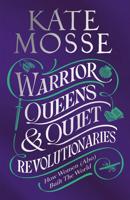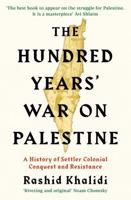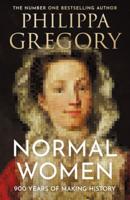Publisher's Synopsis
Florham Park, New Jersey, in place for nearly 300 years, is best known for its shining symbol of endurance, the Little Red Schoolhouse. Since 1866 it has stood in the center of town, resisting time, the elements, and the threat of demolition. Known first as Hoppingtown, the village became Afton (after the English river) in 1876. In 1899 millionaires Florence and Hamilton Twombly insisted that the village split from Chatham Township to become Florham Park, a name derived from the first syllables of the couple's first names. The name of the village was not a matter of vanity; the Twomblys, in creating a separate borough, reduced their tax burden by only $200. After World War II, the estates of two other millionaires, Dr. Leslie Ward and Lloyd W. Smith, were used for much of the area's real estate development. The town quickly became suburban, with industrial parks, commercial centers, and shopping malls. It is also the home of the College of St. Elizabeth and Fairleigh Dickinson University. This book provides rarely seen views of the borough's distinctive, turn-of-the-century kerosene lanterns, the large ice-cutting industry, the first years of the fire department, and early farming families. A richly illustrated volume, Florham Park serves as an introduction to the community, its Twombly mansion (now the heart of Fairleigh Dickenson University), the notable Afton Restaurant, the widely known roller skating rink, and the borough's citizens.






